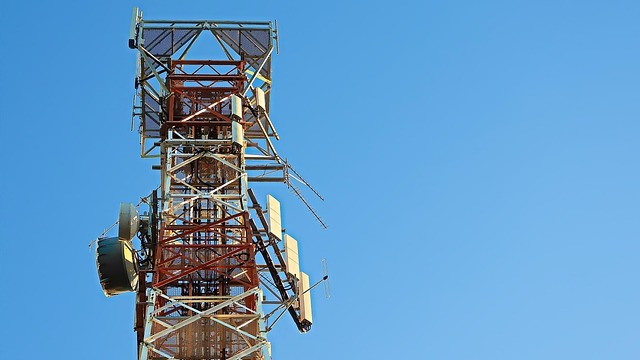
Choosing the Right Internet Provider: What You Need to Know
As more people transition to remote work and online activities, selecting an optimal internet service provider is crucial, especially if you're moving to a new area. Here’s a guide to help you make an informed decision about your future internet service.
Check Availability Before You Move
Before signing a contract, it’s essential to check internet availability at your new address. Sometimes, despite a company advertising its services in a city, they may not serve your exact neighborhood. Utilize resources like BroadbandNow to find the service options, potential speeds, and prices specific to your location.
Understanding Different Types of Internet Services
Internet connections vary significantly in terms of speed and reliability. Here are the main types:
Fiber-Optic: Considered the best for speed and reliability, providing excellent upload and download speeds.
Cable: Widely available and relatively fast but often has slower upload speeds than download speeds.
DSL: Utilizes phone lines and can be affected by distance from the service provider, often resulting in slower speeds.
Home 5G: Offered by providers like T-Mobile and Verizon, this uses cellular networks and is easier to install.
Satellite: Services like Starlink are great for rural areas but often come at a premium due to equipment and service costs.
Finding the Right Speed for Your Usage
Consider how you’ll use the internet when choosing speed. For casual browsing and email, 50–100 Mbps is generally adequate. However, if you're streaming in 4K, gaming online, or have multiple users at home, look for options of 300 Mbps or higher to avoid lag. Pay special attention to upload speeds, especially if you frequently send large files like videos.
Read the Fine Print
In the fine print, many service providers outline hidden fees, data caps, and introductory pricing that can double after the initial term. Be wary of agreements that require renting equipment—you might save money in the long run by purchasing your own modem or router if you plan to stay long-term.
Ask the Locals
Your neighbors can provide valuable insights into the performance of different providers. How reliable is the service? Does it slow down during peak hours? Online community groups can also help gauge which providers consistently perform well and have good customer service.
The Pros and Cons of Bundling Services
While bundling internet with other services like TV or phone can seem like a great way to save, assess whether you will utilize all bundled services. Sometimes, it's cheaper to opt for standalone internet services instead.
Final Thoughts on Home 5G Services
Home 5G technology from companies like Verizon and T-Mobile is transforming the way we connect to the internet. With no long-term contracts or complicated installation processes, it is an attractive option for many consumers looking for flexibility. However, make sure to check if your address qualifies and test it out in various locations within your home.
In conclusion, choosing the right internet provider involves weighing availability, service type, necessary speeds, and customer reviews. Make informed decisions based on individual needs and local feedback.
 Add Row
Add Row  Add
Add 




Write A Comment